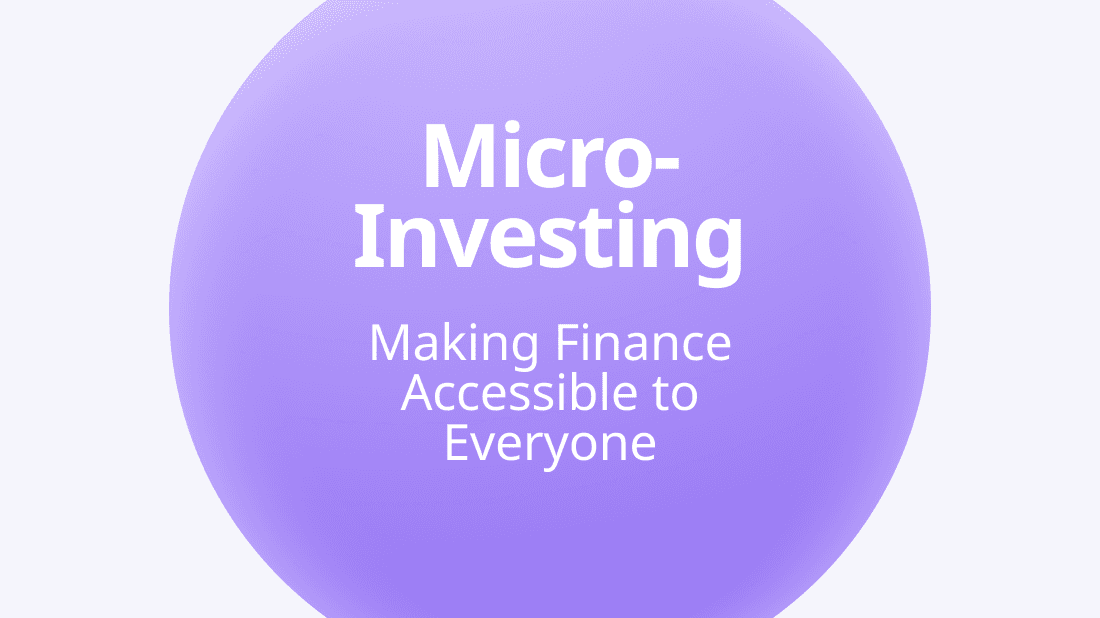Why Subscriptions Are Eating the Economy
From Netflix to Notion, HelloFresh to HubSpot, subscriptions are no longer just for newspapers. In 2025, the subscription economy is thriving, and it’s not slowing down. But behind every successful recurring-revenue business is a digital finance stack quietly making the magic happen.
So, what’s fueling this recurring revenue boom? The answer lies in digital finance: real-time payments, predictive billing, smart invoicing, and seamless integrations.
This guide explores how digital finance supports subscription-based businesses and why it’s the secret ingredient for scaling predictable revenue.
The Rise of the Subscription Economy
The shift from one-time purchases to recurring revenue has transformed industries:
- Media: Streaming over cable
- Software: SaaS over licenses
- Commerce: Monthly boxes over single checkouts
According to Zuora’s Subscription Economy Index, recurring revenue businesses grew 4.6x faster than the S&P 500 over the past decade.
But what makes this model click? Predictability. Cash flow. Customer retention. An increasingly digital financial infrastructure.
The Digital Finance Tools That Power Subscriptions
Subscription businesses rely on tools that go beyond basic billing. Here’s how digital finance stacks are structured:
1. Recurring Payment Processing
- Stripe Billing, Recurly, Paddle
- Automates monthly/annual payments
- Supports trials, renewals, and proration
2. Smart Invoicing & Dunning
- Chargebee, Zoho Subscriptions
- Sends reminders and handles failed payments
- Reduces churn from billing issues
3. Financial Reporting & Forecasting
- SaaSOptics, QuickBooks Online
- Tracks MRR, churn rate, and lifetime value
- Prepares revenue recognition for compliance
4. Banking & Cash Management
- Relay, Mercury
- Separate sub-accounts for revenue, taxes, and expenses
- Real-time cash flow views
These tools enable subscription businesses to scale without drowning in spreadsheets or chasing invoices.
Benefits of Digital Finance for Subscription Models
Here’s how the digital finance layer supercharges subscription businesses:
- Predictable Revenue Tracking: Monitor Monthly Recurring Revenue (MRR) and Annual Recurring Revenue (ARR) in real time
- Automated Workflows: Minimize human error and billing delays
- Global Reach: Accept payments in multiple currencies with tax/VAT support
- Customer Insights: Link payments to churn and engagement metrics
- Compliance at Scale: Stay aligned with ASC 606 and GAAP standards
The finance backend is just as important as the product experience when you’re running on subscriptions.
Real-World Examples
1. Spotify
Leverages Stripe and in-house systems to handle millions of micro-subscriptions globally. Uses predictive analytics to forecast churn and revenue.
2. Notion
Simple pricing tiers with seamless upgrades and prorated billing. Transparent invoicing = user trust.
3. Netflix
Massive scale supported by high-availability payment systems. Combines payment data with behavioral insights.
Even startups are using tools like Paddle or Chargebee from day one to act like the big players.
Implementation Tips for Founders and Operators
- Start with a modular finance stack: Don’t build everything in-house, use APIs and off-the-shelf tools.
- Monitor key metrics: MRR, churn, CAC:LTV ratio, recovery rate.
- Stay flexible with pricing: Offer monthly and annual options. Experiment with trials.
- Build dunning flows early: Lost revenue from failed payments adds up fast.
And most importantly, integrate finance into product development, not just accounting.
Digital Finance = Recurring Revenue Superpower
The subscription economy runs on more than customer loyalty; it runs on digital finance. From payment automation to revenue recognition, the tools you choose can make or break your growth.
If you’re building a subscription-based business in 2025, don’t just focus on product-market fit. Focus on finance-stack fit.
Because behind every great subscription business… is a very smart, automated, and invisible finance machine.








